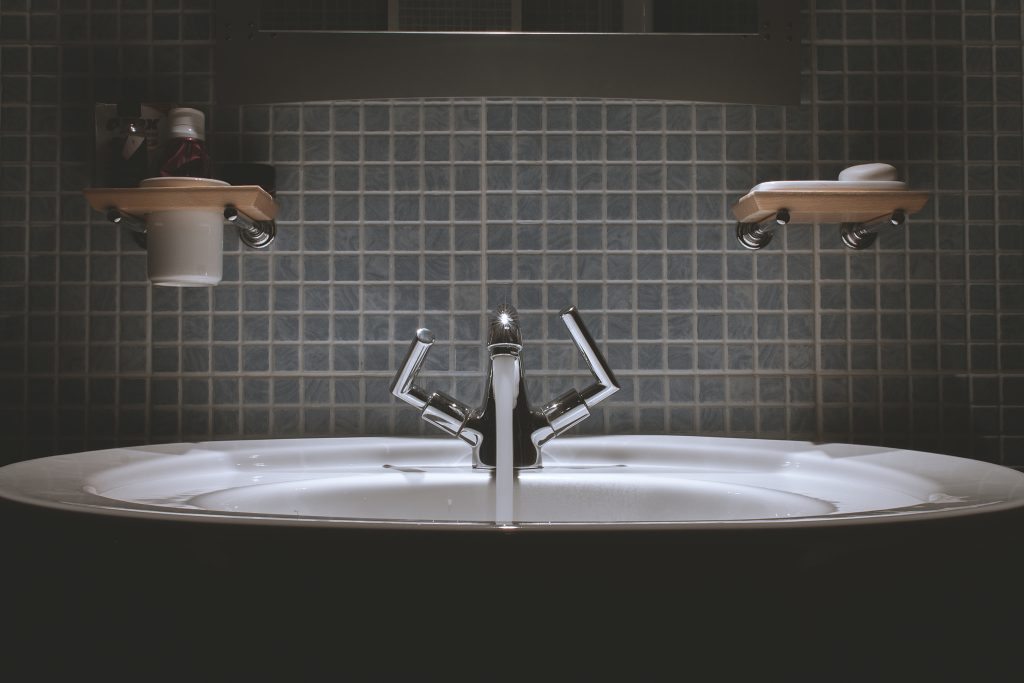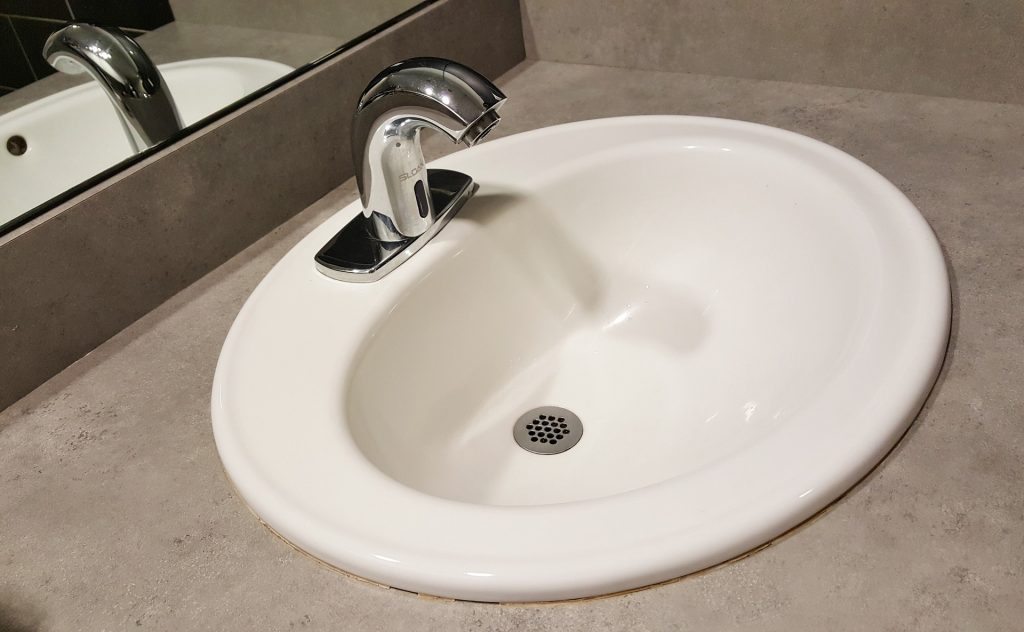
When it comes to liability, you have a lot on your plate as the owner of a cleaning company. In addition to basic business liability, you must remember that your company is exposed to significant risk, from having keys to office buildings to cleaning close and around expensive goods to the dangers of the chemicals you use.Most firms will not even evaluate your bid unless you have proper cleaning business insurance because of the additional risk.
Is there such a thing as having too much insurance?
Is it possible to get by with just general liability insurance instead of all the extras? While no one enjoys paying insurance rates, you also don’t want to lose the business you’ve worked so hard to develop simply because you cut corners on the insurance bill.However, you do not want to purchase a product that you do not require. If you’re looking for cleaning business insurance, the following information will help you decide what kind of plans are best for your company.anitorial Manager allows you to manage bids, projects, clients, and more.Discover more.Request a free demo today! insurance for the cleaning business
What exactly is cleaning company insurance?
In reality, there is no insurance policy known as cleaning business insurance.Instead, the word refers to a set of policies that are common among professional cleaners.The wonderful thing about these policies is that, because they are unique, you can pick and choose which ones you wish. So, if you determine that general liability insurance is sufficient (hint: it isn’t), you can buy just that coverage and ignore the others. Many insurance firms provide bundled policies, which can help you save money on annual premiums while still providing the coverage you require in a single transaction.
Types Of Cleaners Insurance
These are the following types of cleaners insurance :
Insurance for Public Liability
The first type of insurance you should consider is public liability insurance.It safeguards your company against personal injury and property damage claims.This insurance will cover the costs if your business causes someone to be injured or damages something on the property where you are working. If your company is judged liable for the damage, the insurance company will pay for it up to the policy’s coverage limits.
Because cleaners’ public liability insurance covers a wide range of unintentional claims, the policy should preferably have a higher coverage level.For example, public liability insurance for cleaners operating in residential settings should cover at least $5 million.Similarly, commercial cleaners should have at least $5 million in public liability insurance coverage.
Insurance for Cleaning Bonds
Some states require cleaners to obtain a Janitorial Service Bond, sometimes known as bonding insurance.
This sort of insurance will cover any theft, damage, or other misbehaviour perpetrated by a cleaning from your firm on the property of a client.While you should thoroughly vet the cleaners you hire, there may be times when a client claims that your employee or you, if you clean the places personally, stole their possession(s) on their property.If you or your organisation is legally held liable for damages and required to pay them, bond insurance will cover the costs up to the bond limit.The insurance provider may set up instalment payments for you to make rather than reimbursing the client in full.
Insurance for Real Estate
If you have a physical location, such as an office or warehouse where all of your equipment is kept, you need also invest in property insurance or business insurance.It will protect you in the event of theft or property damage, such as damage to the property or equipment stored on the premises.Even if you’re merely renting or leasing the space, it’s critical to have property insurance that covers the price of your equipment and items.It will provide you with much-needed peace of mind when you are at home or away from the office.
Insurance for Workers’ Compensation
This insurance is designed for cleaning companies with multiple staff. It pays for medical bills and missed wages if a cleaner is injured or becomes unwell on the job.Cleaners are frequently required to perform dangerous duties in order to clean residences, particularly commercial structures.A cleaner covering roof cleaning services, for example, may trip and injure themselves.In such a circumstance, worker’s compensation will benefit both your company and the individual who may be unable to work.
Insurance for Commercial Vehicles
You’re probably driving throughout town and providing your cleaning services. In the event of an accident, public liability insurance and other insurances will not cover the damage to the car.All automobiles utilised for your business, like your personal car, must be insured.This insurance should also cover third-party property or person damage caused by the company vehicle.In the event of a vehicle accident or theft, the insurance will cover the costs up to the policy amount.
Equipment Insurance
If you use heavy-duty equipment that costs thousands of dollars, such as special carpet cleaning or floor cleaning machines, you should consider insuring it as well.Some firms additionally provide equipment insurance in the event that it is stolen or damaged. In addition to manufacturer warranties, it is worthwhile to investigate insurance possibilities for such machines.
Why Do You Need Cleaning Company Insurance?
While insurance is required for every type of business, a cleaning service may require it even more.Cleaners must travel to different locations and work on third-party properties.They must also work in hazardous environments, such as rooftops and ceilings.As a result, insurance is very necessary to ensure that your company is protected in the event of an accident or catastrophe.The following are some of the risks that cleaner insurance can cover:
Workplace Injuries:
Whether you are the primary cleaning or hire cleaners, you must plan for any incidents that may result in physical injury.A worker may slip and fall, perhaps causing property damage.You can cover the price of the worker’s or your own recovery with suitable insurance.
Third-Party Injuries:
Insurance can cover third-party injuries caused by your cleaning equipment or workers.Accidents occur frequently in the cleaning sector.For example, if you fail to post a wet floor sign and someone slips, you may face injury claims. Fortunately, if you have insurance, you won’t have to pay for them out of pocket.
Theft:
If your cleaning staff steals something from a client, insurance might prevent you from having to pay for the theft.Aside from the legal wrangling, you’d be protected from having to pay for the stolen item straight away.
Damage to property:
This is the most typical claim made by cleaners and cleaning services.If any of the client’s property is harmed, liability insurance may pay the costs.
Equipment Damage:
Your cleaning equipment, such as vacuums, buffers, and special cleaning machines, will be transported and utilised on a daily basis.You must prevent yourself from having to shoulder all of the costs if it is destroyed during shipment or by someone on the job site or in your office.
4 sections of cleaning business insurance you should have
1. Liability insurance in general
General liability insurance is the first and most important component of cleaning business insurance. Every business, regardless of industry, has some kind of this. It protects against accidents and damage to a third party, typically a customer.So, if one of your clients claims that one of your cleaners damaged a window and sues for repair charges, general liability insurance should cover it.

Furthermore, if someone other than one of your employees is hurt on the job site due to negligence—for example, failure to post a sign warning about a slick floor—general liability insurance will cover the expense of the injury as well as any legal fees that may occur.General liability insurance prices vary, but you should budget between $400 and $800 each year.
2. Property protection insurance
Property insurance is the second most important component of cleaning business insurance. These plans cover all of your company’s property, including cleaning equipment.So, if someone steals something from your workplace, or if an employee or client destroys a cleaning cart by mistake, property insurance would cover the cost of new equipment (depending on and up to the policy limits).
The caveat, though, is that property insurance only covers property on your company’s premises. However, as a commercial cleaner, much of your stuff is on the move, whether carried from one location to another or stored at a client site.A Speciality Property Insurance Coverage Endorsement (SPICE) insurance will safeguard your valuables while they are off business property.The average cost of property insurance without SPICE is likely to be around $400 per year, while there are some cheaper, usually less comprehensive, plans available.Property insurance (without SPICE) and general liability insurance are frequently available for a lower annual rate as a single business owner’s policy (BOP).BOPs typically start around $750 and can cost up to $1,300 per year.
3. Bonds of surety
A surety bond is another feature particular to cleaning business insurance. A surety bond should be carried by any cleaning company to help prevent client complaints.It basically states that if you fail to perform services as agreed upon with your client, the insurance company would compensate the client for any resulting damages. The catch is that you must reimburse the insurance company!Many clients will not accept your bid unless you have this bond.
What’s the good news?
- They are reasonably priced.
- A surety bond is often obtained for a single payment of $100.
- Janitorial Manager allows you to keep track of all your cleaning jobs.
- Request a free demo today!
4. Additional additions
Cleaning business insurance also provides a few more features. The first is a workers’ compensation policy, which typically costs $2,000 to $3,000 per year.It is illegal in most states to operate without workers’ compensation, therefore include this cost in your original company plan.

If you have company vehicles, you should think about commercial auto insurance.Budget between $1,000 and $3,000 each year for this.Many business cleaners carry janitorial errors and omissions insurance, and many clients require it.These policies safeguard you, the business owner, as well as your employees and subcontractors, against any claims made against you.
Cleaning Business Insurance Cost
The cost of your small business insurance, like any other insurance policy, will fluctuate based on how much of a risk your company offers.General liability insurance covers basic accidents and damages, such as someone tripping on a wet floor due to inadequate signs.A lawsuit could be filed as a result of this activity.Annual premiums can cost up to $300 or more, so budget for that amount beforehand.This charge varies, but most users spend less than $1000 per year.Keep in mind that most businesses require $5 million in liability coverage. Another sort of insurance that covers repair costs is commercial property insurance.It could be utilised in the event of a fire or theft, for example. Cleaning businesses should cover this in their policies, which might cost roughly $300. Another sort of cleaning company insurance that you may be able to obtain is business owners’ coverage.This coverage should also cost you less than $1000 per year.Remember to include in the cost of auto insurance for any potential company vehicles.
Other Liability Expenses
The cost of business liability insurance and related costs will vary depending on the nature and scope of your operation.Workers’ Compensation is your responsibility as an employer, and you must register for and pay it.
This is a provincial rather than a federal programme in Canada, therefore familiarise yourself with the Workers’ Compensation rules in your area.

It is also in your best advantage to become bonded because your clients will most likely see you as a risk because you have access to their private business space and equipment.Bonds, like Workers’ Compensation, are often managed on a provincial level.Commercial business insurance for cleaning companies is required in Canada, and you’ll need to create a detailed business plan before you can determine how much your rates will be.
JAN-PRO can help you find answers to your inquiries about cleaning franchises in Canada; contact us for more information or to become a franchisee now!
Conlusion
Finally, umbrella insurance can cover costs that are not covered by general liability insurance. In reality, an umbrella policy can be used to supplement general liability, vehicle insurance, and the employer’s component of workers’ compensation. Insurance for the cleaning business.Speak with a professional.Finally, you may want to consult with a professional to establish which policies you require as part of your cleaning business insurance and how much each policy should cover.Every business is unique, so while the information offered here will give you an idea of what to expect, keep in mind that it is only an overview and not a quote.
Check Also : Home Insurance: Best 20 Home Insurance Companies In USA



